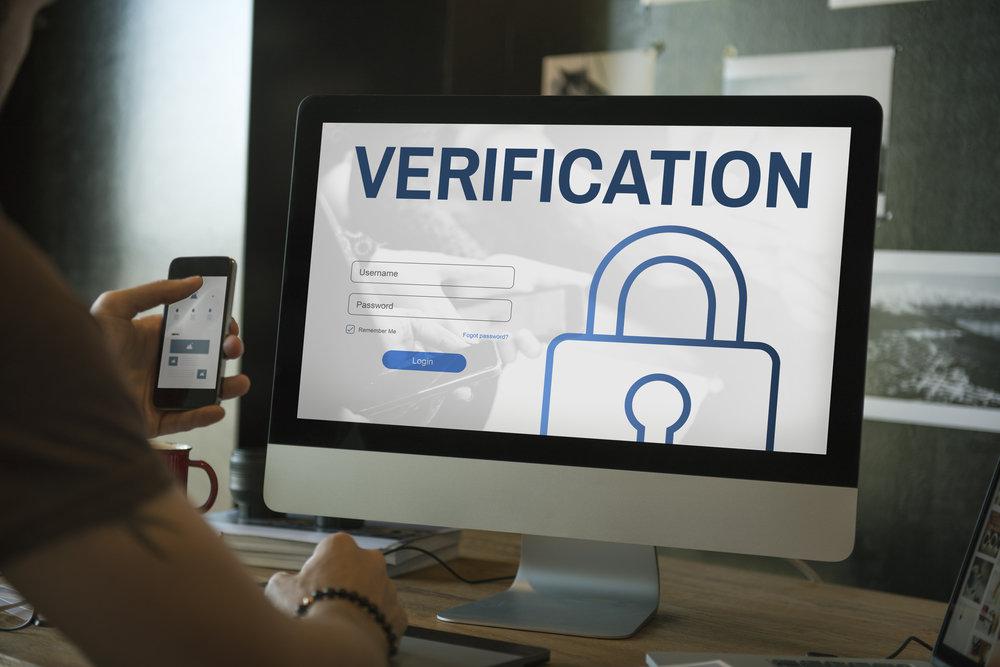
As online fraud grows to unprecedented levels, it is becoming harder for businesses to implement fraud protection. Cybercriminals have come up with increasingly sophisticated ways to commit identity theft and other scams. Therefore, it becomes equally important for merchants to implement robust fraud prevention measures. This simultaneously increases the demand for fraud protection solutions including digital identity verification and biometric authentication. Services like these have bloomed in the past few years and so has their demand.
As businesses increasingly use online channels to engage customers the need to protect their data also becomes apparent. For companies operating online entirely, it is even more crucial to keep fraudulent activities at bay. They need to make sure that their customers are who they say they are. For companies that operate under heavy regulations like pharmaceuticals or financial institutes, it is even more pertinent to implement stringent customer verifications and knowledge-based authentications.
Companies providing software solutions for identity verification usually provide biometric authentications combined with ID document verifications. Customers identify themselves with an identity verification document that is scanned with their phone or PC cameras. For any business with more potential for fraud and demanding a more stringent authentication, they will also have to run facial biometric scans. The facial verification takes place in real time and uses AI-based facial recognition software to check if the person on the ID document is the same one who is running the facial recognition scan.
Why is there a need for Digital Identity Verification?
Biometric technology is not a new concept. Mobile users have been familiar with it since Apple first launched its fingerprint scanner in 2013. As the threat of fraud has increased over the years, so has the need for out of the box solutions to prevent it. Online identity verification and biometrics are some of the few fraud protection services available in the market that produce effective results.
Moreover, regulatory requirements being put forward by financial regulators and government around the world has made businesses turn to digital identity verification methods. Such regulations require enterprises to implement anti-money laundering compliance as well. Digital verification companies also provide AML background checks to banks and financial services institutes. They primarily check each client’s name against watchlists issued by global regulators.
The demand for digital identity verification and biometric authentication services is only expected to up as the threat of fraud can never be quite eliminated. According to studies from McKinsey the market had a turnover of 10 billion dollars and is expected to rise up to 20 billion dollars by 2022.
For companies competing in this market, they strive to provide the best service in terms of accuracy, time and quality. They leverage a number of different technologies including artificial intelligence, machine learning in addition to human intelligence. As the term “digital” comes into play, businesses want the verification process to take as little time as possible so as not to frustrate the customer into leaving the buying process.